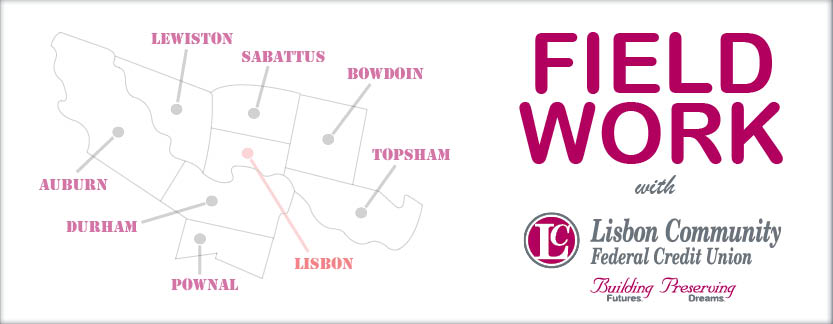To open an HSA, you must meet the following qualifications:
- You must be under age 65
- You must carry a high-deductible health insurance plan; this high deductible health plan must be your only health insurance - you can’t be covered by any other health insurance.
High-deductible plans don’t start paying until you’ve spent at least $1,250 (for an individual) and $2,500 (for a family) of your own money on health care expenses. While the deductible is high with this type of plan, the premium is typically lower for high-deductible plans than for traditional plans.
Some potential advantages of an HSA are:
- You decide how much money to set aside for health care costs.
- You control how your HSA money is spent.
- Your employer may contribute to your HSA, but you own the account and the money is yours even if you change jobs.
- Any unused money at the end of the year rolls over (stays in your account) to the next year
- You don’t pay taxes on money going into your HSA
If you think a Health Savings Plan is right for you, please visit one of our Member Service Representatives who will assist you through the process.
